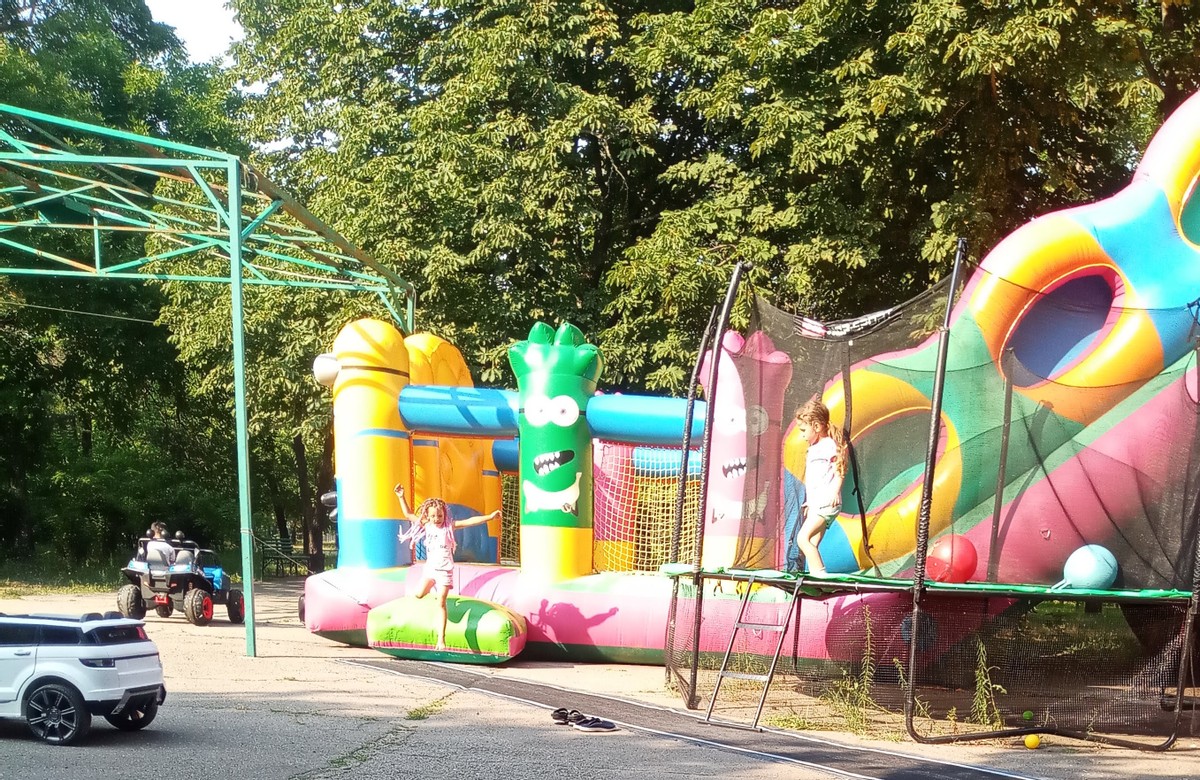
In the first year of my college, we studied the literature of ancient Greece. I don’t remember exactly the author and the book now, but I remember my surprise when I read how the author spoke about the young people – that they're so bad, and it’s terrible what this world is coming to. Those were the same words that my and my friends’ grandparents would say. And there were more than two thousand years between them. Sometimes, I hear these words today, too. Well, I want to tell you about two situations I observed last weekend.
On Sundays, we usually go to the park with my granddaughter, Katya. She's every bit a six-year-old little lady. Her favorite place in the park is playground trampolines. She played with some children of her age. But suddenly she saw a boy about 10 or 11 years old. He was roughly a head taller than her. Katya ran to him:
- Let’s fight.
I was taken aback and didn't understand what was going on. But they understood each other very well. Katya and the boy ran to the trampoline together. There were special balls there. As Kate was too small, the boy sat down and got on her level. They were hitting each other with the balls. He was very careful in the game, but I had to ask my granddaughter to be careful, too, when she was very active.
Later a group of girls — among them, Kate — were jumping with a rope. They would take turns swinging the ropes and jumping. Children wouldn't like to swing the rope but would like to jump. They seemed to have a good sense of fairness.
Maybe it’s only two situations and not a rule, but it seems to me they're easygoing and more friendly than we were at their age.
(That's a picture I took last Sunday in our park.)

Great job as usual. I've brought up some important (and hopefully interesting) grammar points for you to work on — especially, using WOULD for regular past actions, and the difference between THIS/THAT and IT. Please let me know if I can answer any questions. Great job!
CocoPop, thank you very much. I looked at all your corrections carefully. It's very kind of you. By the way, I added a sentence to the post to explain the sense of the next conclusion. Is it write? Children wouldn't like to swing the rope but would like to jump.
It doesn't make sense to me. Could you write it in Russian?
Дети обычно любят прыгать со скакалкой, но не любят ее крутить.